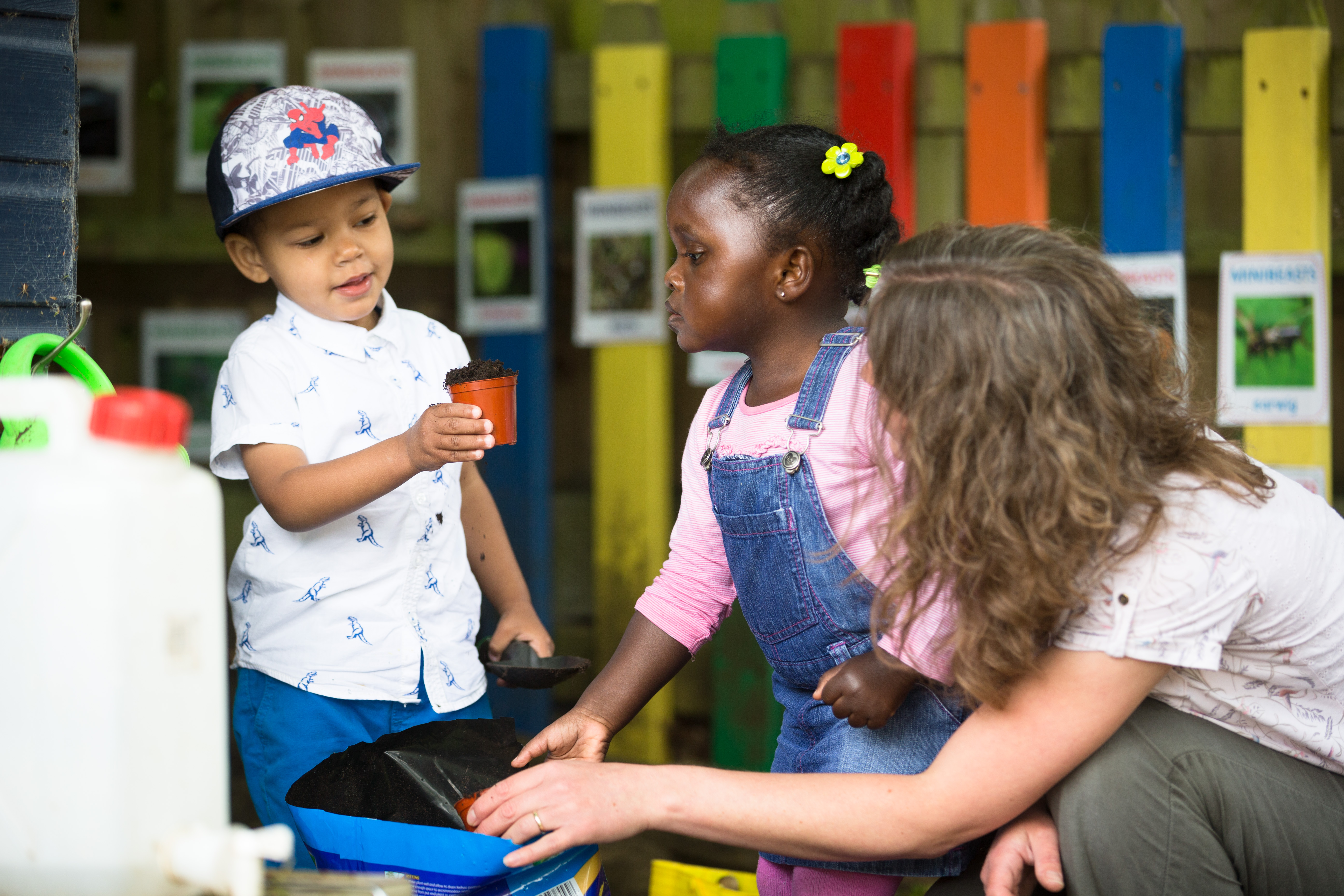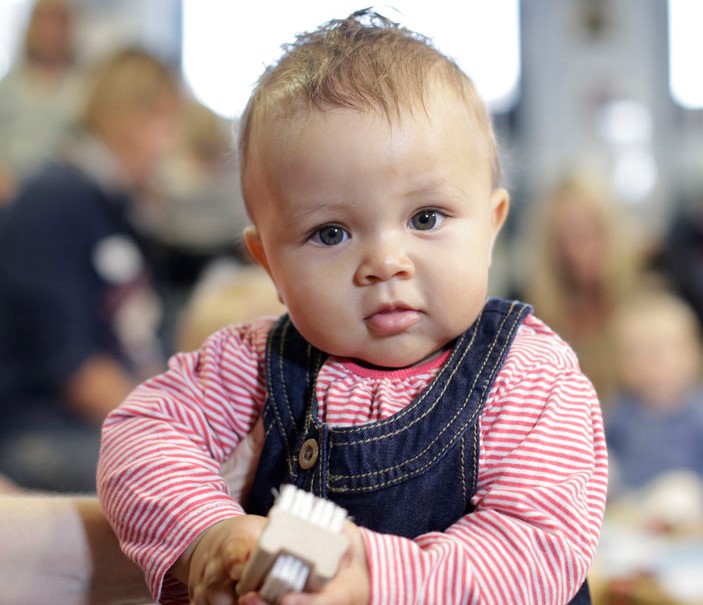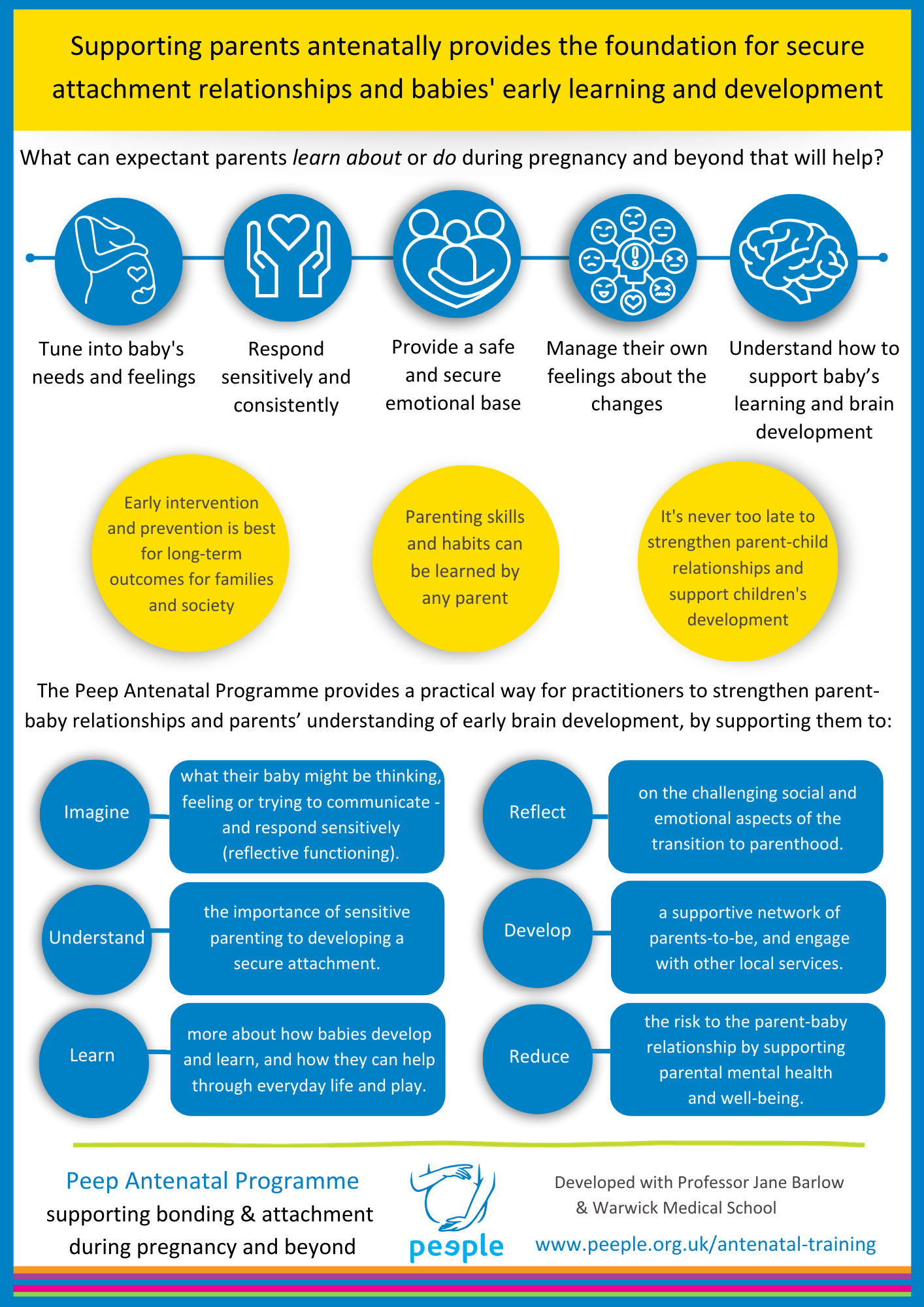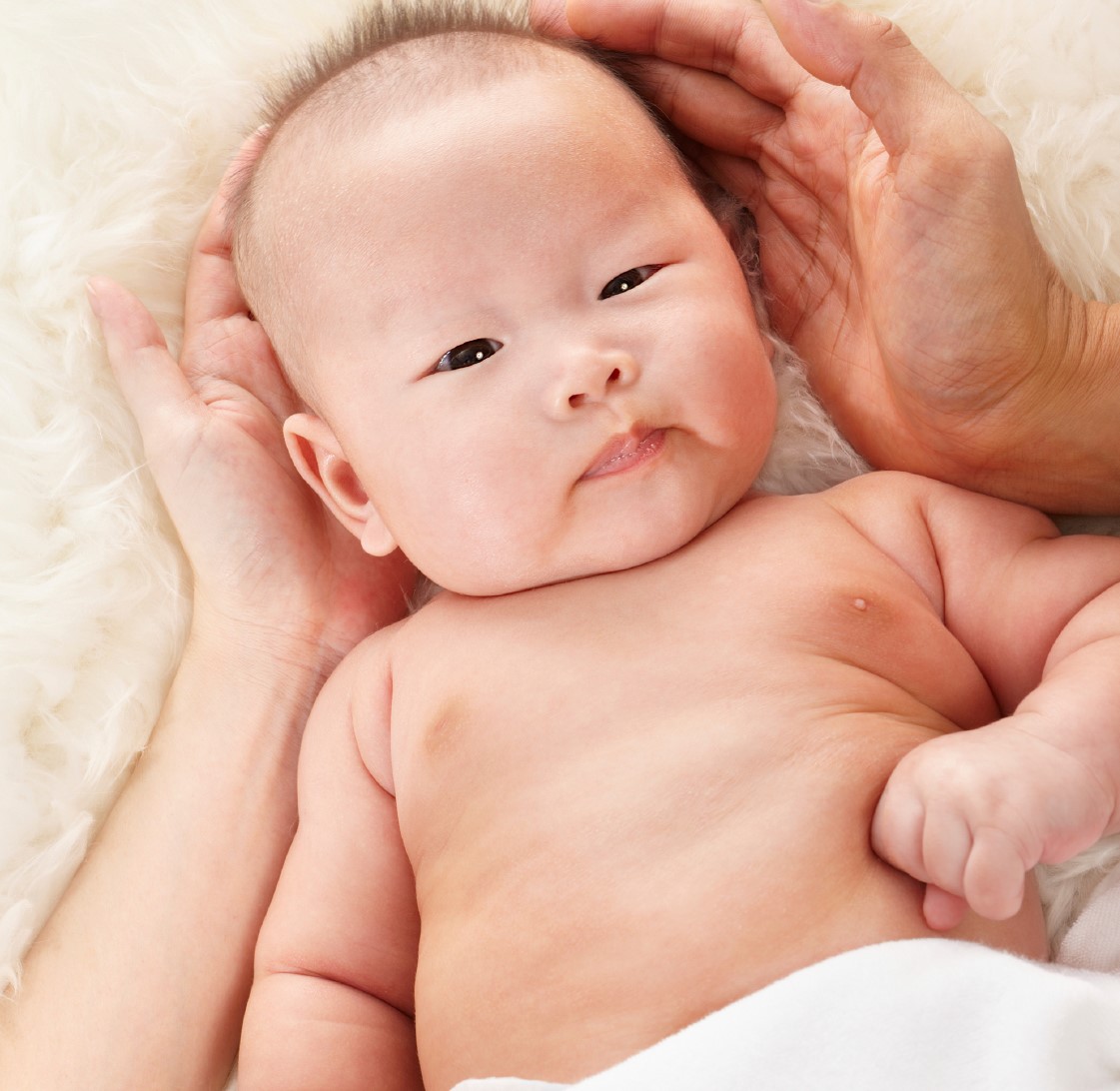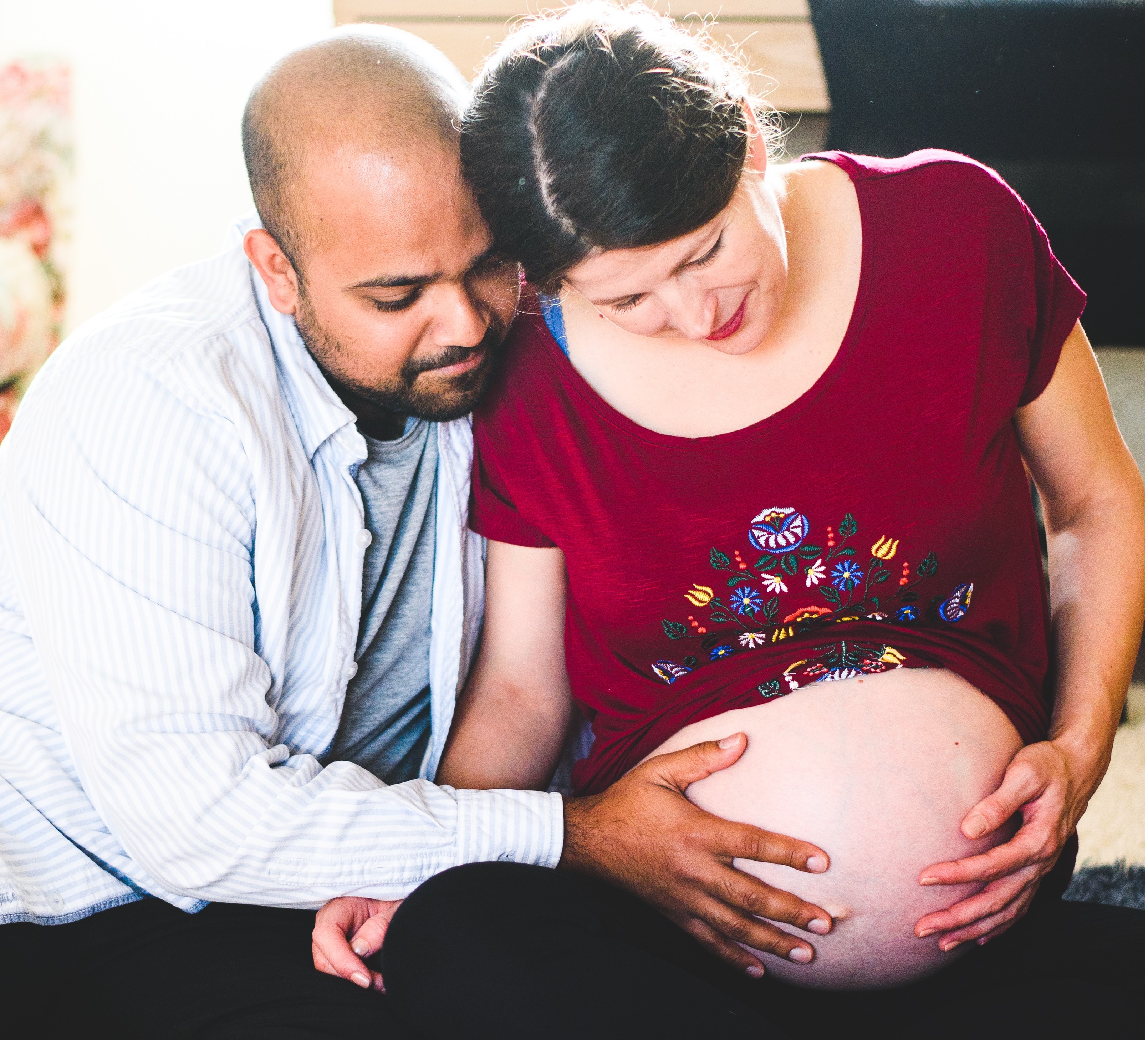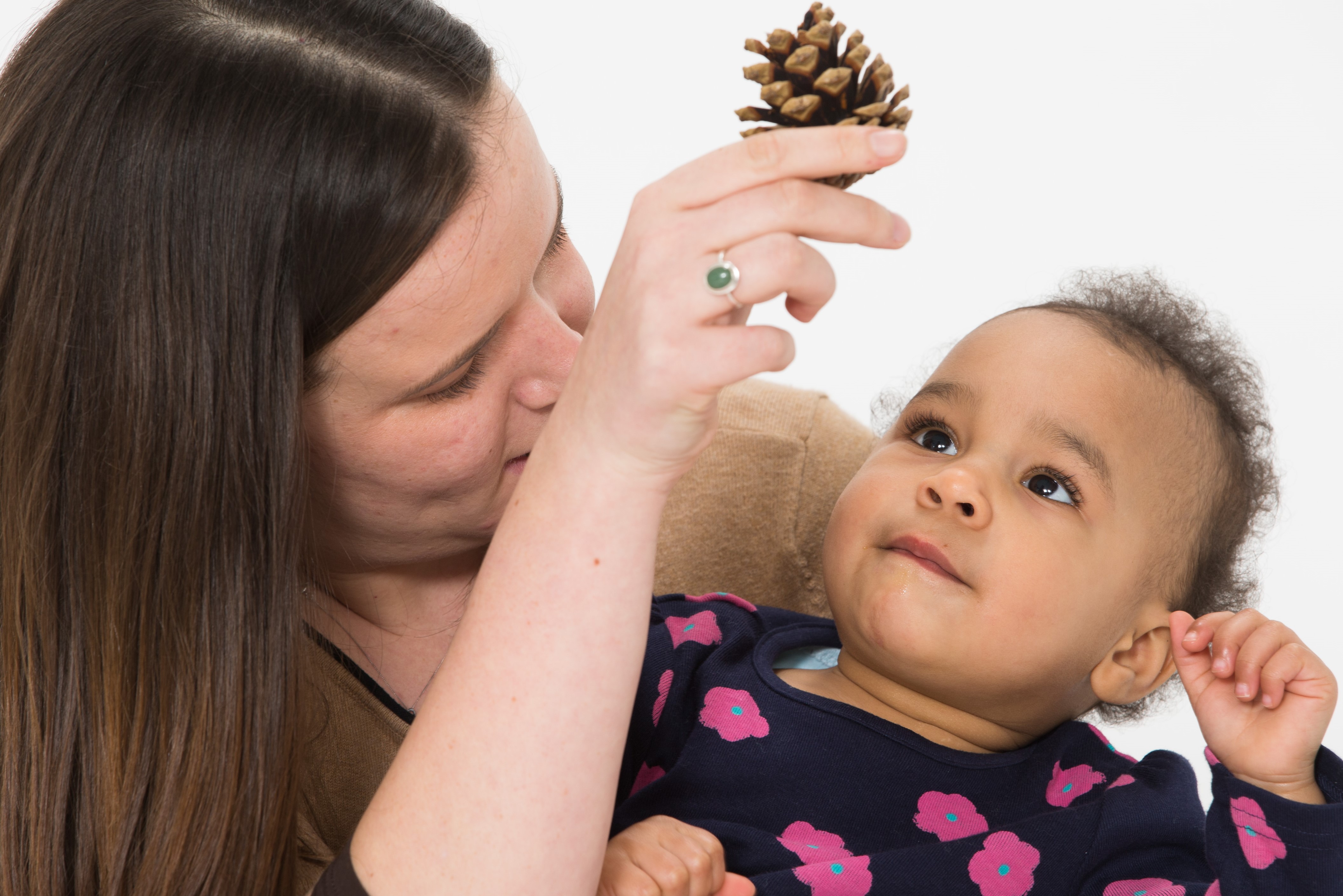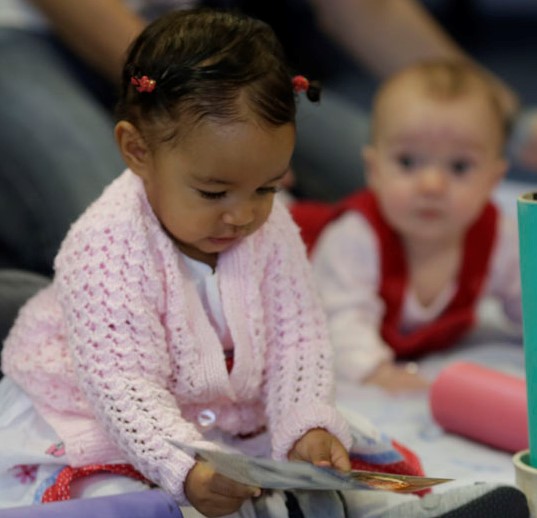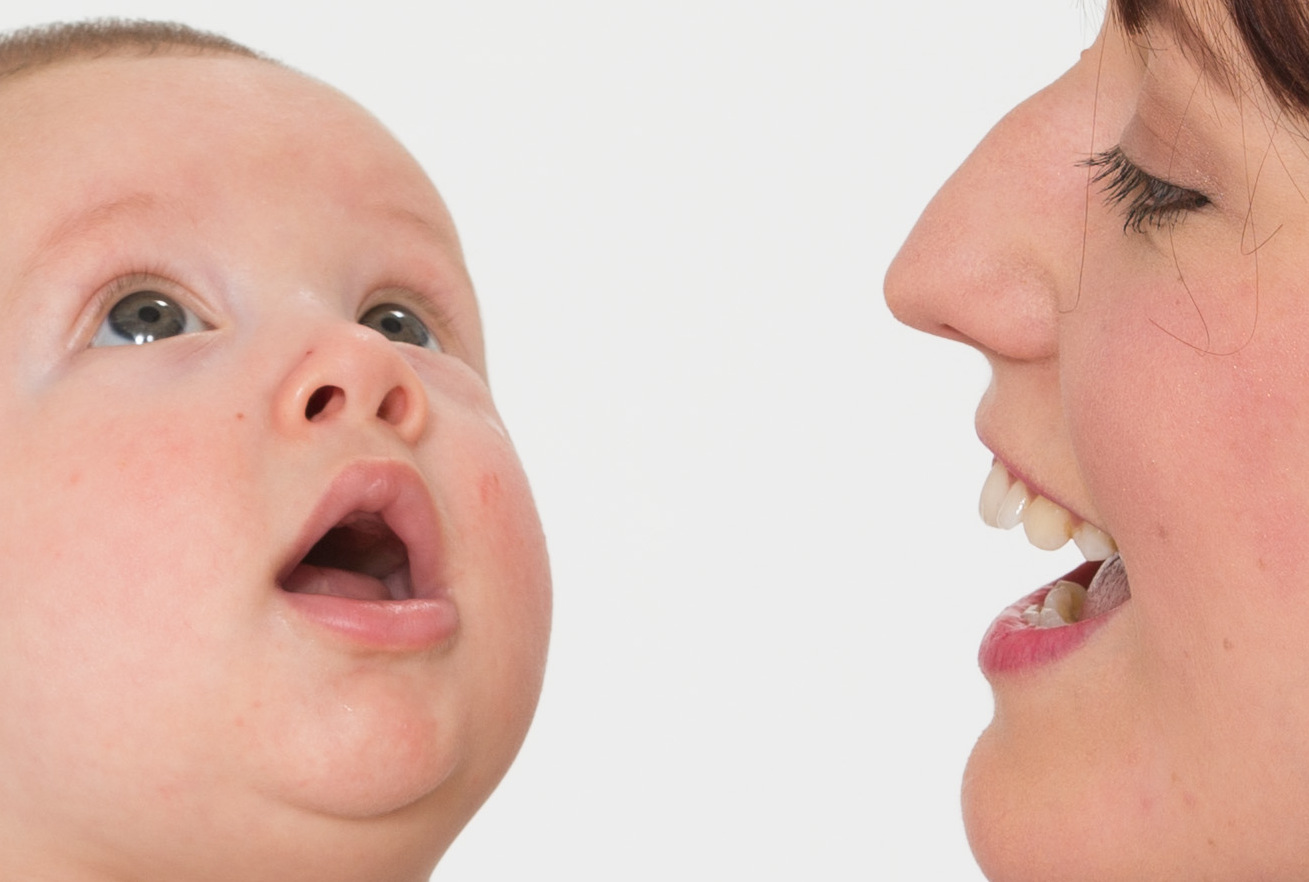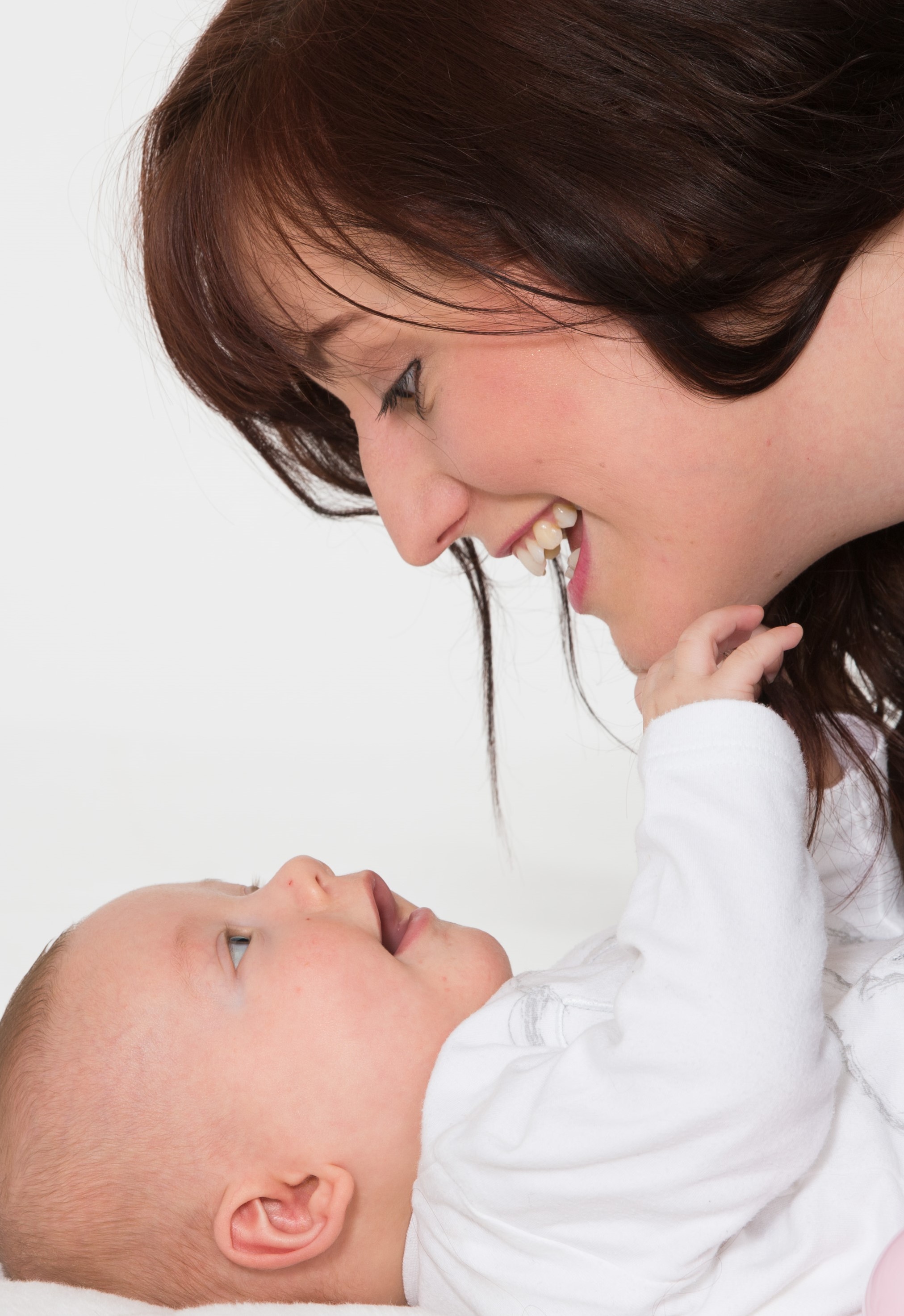We work towards meeting the needs of all our children. We realise though that every child is unique, with their own personality. We therefore plan the sessions based on our observations and conversations with children, as they play. We do this for each child individually, so that we can prepare for their next steps, extending things that they are interested in.
We are committed to working with you, as your child’s first and most important educator. We will follow your lead regarding your child.


